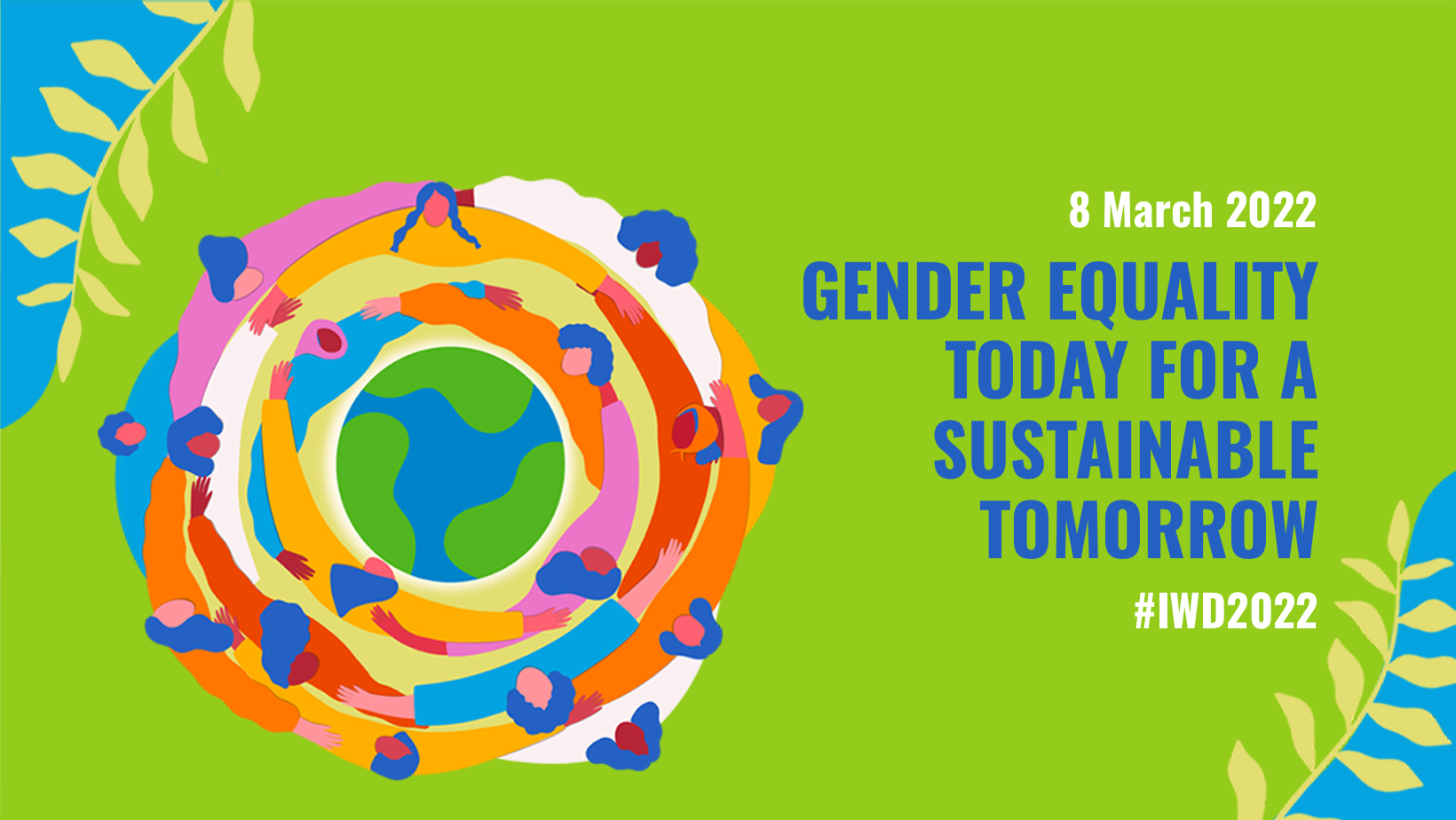Reflections on Women’s Day in the midst of Russia -Ukraine war
Siby K. Joseph

We are observing International Women’s Day on 8 March 2022 that is the 13th day of the Russia -Ukraine war. Women, children, and aged people are the worst victims of war anywhere in the world. The picture emerging from Ukraine is not different. Maybe the situation is worse in this case as compared to others. The plight of women and children is clearly depicted in a picture widely circulated on social media in which a woman is holding her hands on the sleeves of a hanged overcoat and a child wearing a military cap.
This is precisely what the men-folk who participated in the war presented to women and children. Women and children have to remain with memories of dear ones who paid their lives for war. Under martial law following the Russian invasion on February 24, Ukrainian men between the age group of 18 to 60 are subject to conscription and are not allowed to leave the country. This Presidential decree has prevented a large section of Ukrainian male refugees from crossing over with their families. It means that women and children must seek safety on their own or to fend for themselves.
According to the United Nations estimates more than 1.7 million people have fled from Ukraine because of the Russian invasion to neighbouring countries such as Poland, Romania, Slovakia, Hungary, and Moldova. Among these countries, Poland stands first. It has welcomed 1,028,000 refugees. What makes the situation worse is the Corona status of Ukraine just before the war. According to an article that appeared in TIME Magazine only 35 percent of the population got vaccination before the invasion. It further states that by the middle of February, 60% of COVID-19 tests conducted in the country were positive. Thus the majority of women and children fleeing to other countries from Ukraine may be affected by the virus. This is the saddest picture of women when we are observing International Women’s Day.
The theme for International Women’s Day of 2022 is, “Gender equality today for a sustainable tomorrow”. The United Nations observance of International Women’s Day of this year is in recognition and celebration of the women and girls who are leading the charge on climate change adaptation and response, and to honour their leadership and contribution towards a sustainable future. UN Women called for climate action for women, by women. In her statement for International Women’s Day, UN Women Executive Director Sima Bahous said: “Let us make this International Women’s Day a moment to recall that we have the answers not just for SDG 5 but, through the advancement of gender equality, for all 17 Sustainable Development Goals and Agenda 2030. I look forward to working with every one of you to that end.” It is from the realization of the fact that without the inclusion of half of the world’s population it would be an impossible goal of a sustainable planet and a gender equitable world for tomorrow.
The celebration of Women’s Day has a long history in different countries of the world and the observation on March 8th is linked to the women’s movements during the Russian Revolution of 1917. However, it was only during International Women’s Year in 1975 that the UN celebrated its first official International Women’s Day on March 8 and later its observance became part and parcel of the organization. The creation of the United Nations Entity for Gender Equality and Empowerment of Women (UN Women) to accelerate progress on meeting the needs of women and girls worldwide by the UN General Assembly in July 2010 is a historic step in this direction.
António Guterres UN Secretary-General in his message on the eve of International Women’s Day 2022 said “On International Women’s Day, we celebrate women and girls everywhere.We celebrate their contributions to ending the COVID-19 pandemic. Their ideas, innovations and activism that are changing our world for the better. And their leadership across all walks of life. But we also recognize that in too many areas, the clock on women’s rights is moving backwards. The pandemic has kept girls and women out of schools and workplaces. They face rising poverty and rising violence. They do the vast majority of the world’s unpaid but essential care work. They’re targets of violence and abuse, just because of their gender. In all countries, women are scandalously under-represented in the halls of power and the boardrooms of business. And as this year’s theme reminds us, they bear the brunt of climate change and environmental degradation. Starting now, on International Women’s Day, it’s time to turn the clock forward for every woman and girl. Through guaranteeing quality education for every girl, so they can build the lives they want and help make the world a better place for us all.”
The focus of women on climate change is from the sheer fact that the impact of climate change on gender is not the same. Women are more vulnerable than men to the impacts of climate change, mainly because they represent the majority of the world’s poor. According to the UN data, seventy per cent of the 1.3 billion people living in conditions of poverty are women. Further in urban areas, 40 per cent of the poorest households are headed by women. It is pertinent to note that 50-80 per cent of women are engaged in the world’s food production but the irony is that they own less than 10 per cent of the land. It is women folk who are more dependent on natural resources which are fast depleting all over the world.
To pay respect and honour to women on this International Women’s Day we have to say no to the Russian war on Ukraine and work towards a sustainable future with climate action at its centre. I think what Gandhi wrote in a message to The Cosmopolitan, New York in 1935 is relevant even today “If the recognized leaders of mankind who have control over the engines of destruction were wholly to renounce their use, with full knowledge of its implications, permanent peace can be obtained. This is clearly impossible without the Great Powers of the earth renouncing their imperialistic design. This, again, seems impossible without great nations ceasing to believe in soul-destroying competition and to desire to multiply wants and, therefore, increase their material possessions.” Yes, this cutthroat competition and multiplication of wants and reckless destruction is the root cause of war and climate change. If we don’t listen to these words of wisdom the survival of humanity is in danger.
Dr. Siby K. Joseph is a noted Gandhian Scholar and Director of Sri Jamnalal Bajaj Memorial Library Research Centre, Sevagram Ashram Pratishthan, Sevagram Wardha-442102 (Maharashtra). He is author of the book Kasturba Gandhi :An Embodiment of Empowerment and Lanza del Vasto : A messenger of Peace .





